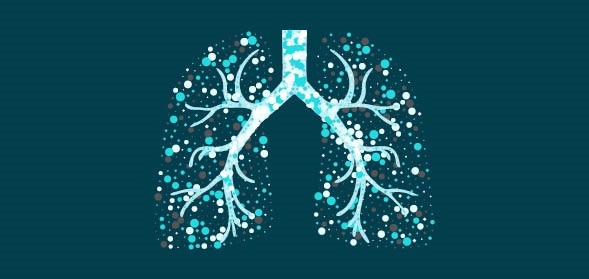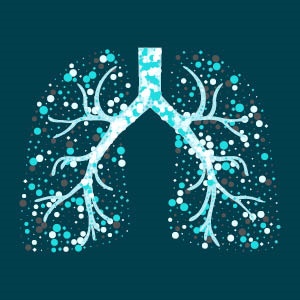
Here is what you need to know about this lung-attacking disease.
Tuberculosis (TB) is a chronic infectious disease caused by a bacterium called mycobacterium tuberculosis. It usually manifests and destroys parts of the lungs, making it difficult to breathe, but can also spread to and attack the bones, joints and nervous system.
The World Health Organization reveals that South Africa has one of the world's worst TB epidemics, with an estimated incidence of
500 000 cases of TB disease in 2011.
This means that about one percent of the population of about 50 million develop TB disease each year.
Who gets TB
TB can affect anyone. However, there are risk factors that increase your likelihood of developing TB. These include:
- Being HIV-positive. More than half of all TB patients also have HIV. The latest figure from the South African Department of Health is that 73% of TB patients are HIV positive.
- Being in close contact with someone who has TB.
- Being born where TB is common.
- Living in an area where overcrowding, poor ventilation, malnutrition, substance abuse, and unemployment are rife.
- Having a condition that weakens the immune system such as diabetes, cancer or kidney disease.
- Having already been infected with TB in the last two years.
Babies and children younger than four years old are especially at risk and may develop serious complications as a result.
How TB is spread
TB is transmitted through the air. When a person with TB of the lungs or throat coughs, sneezes, or talks, droplets of the TB bacteria are released into the air. People nearby may breathe in these bacteria and become infected.
TB bacteria can stay airborne for a few hours and remain active in the air for weeks, especially in small enclosed areas. Fresh air and sunlight make it difficult for these bacteria to stay alive. Transmission, however, usually occurs after substantial exposure to someone with the disease. The closer you are to the person with the disease and the longer you are exposed to them, the higher your risk of being infected.
The concentration of infectious droplets in the air can also affect your chances of being infected. Effective TB treatment can reduce the number of infectious droplets. The strength of a person’s cough can also affect the number of droplets released.
People with TB disease are most probable to infect those they spend time with daily.
TB is not spread through physical contact, e.g. kissing or shaking hands, toilets seats, bedding, clothing, or food and water.
Not everyone who is infected becomes sick
TB bacteria can live in the body for years without any symptoms or spreading to others. This is called latent TB. According to the South African National Tuberculosis Association, about 80% of South Africans are infected with TB bacteria, most of whom have latent TB, rather than TB disease.
People with latent TB have a small number of TB bacteria present in their body. It is usually only known that someone has the condition if they have a positive skin test reaction. Having latent TB does not mean you will develop TB disease. For most people with latent TB, the immune system is able to control the infection by forming walls around the bacteria, which prevents the bacteria from growing, but doesn't kill them. However, these bacteria can become active and multiply in the body. When this happens, latent TB infection can develop into TB disease.
This usually occurs in those with a weak immune system due to infection or some other health condition. The risk of developing TB disease is much higher in people with weak immune systems (especially those with HIV infection) than those with normal immune systems.
TB care
Signs and symptoms of TB include:
- Persistent cough lasting longer than two weeks.
- Fever.
- Night sweats.
- Chest pain.
- Weakness and fatigue.
- Poor appetite.
- Rapid weight loss.
If you have one or more of these symptoms, visit your nearest clinic and get tested for TB immediately. Make sure you get the correct medical treatment and that you complete the full course of prescribed drugs. Successful treatment takes at least six months, and medication must be taken exactly as prescribed. Incomplete treatment or not following a consistent treatment regimen may cause you to develop drug-resistant strains of TB, which may be extremely difficult to cure and can even be fatal.





 Publications
Publications
 Partners
Partners











